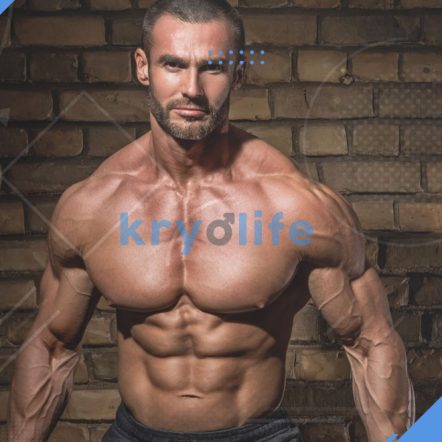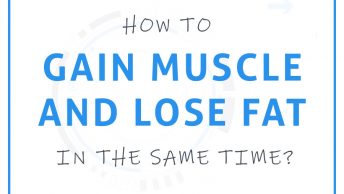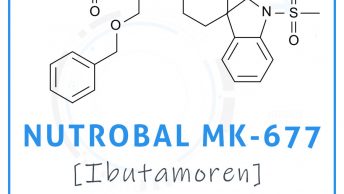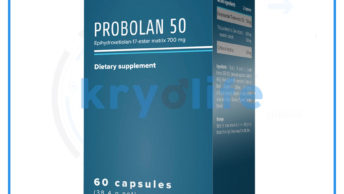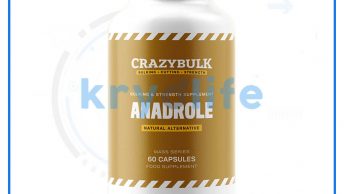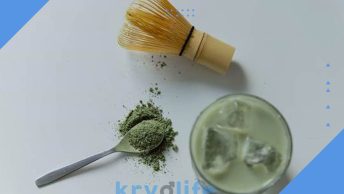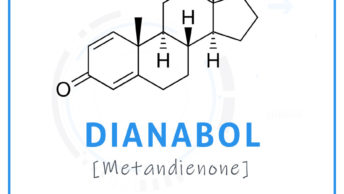Many people claim that Turkesterone can cause hair loss.
However, this is different. Turkesterone is an ecdysteroid that may enhance the body’s natural protein synthesis process.
It also helps prevent muscle breakdown during a workout.
Thus, let us bust some tukesterone hair loss myths.
What Is Turkesterone?
What is turkesterone? Turkesterone is a naturally occurring ecdysteroid compound from plants native to Central Asia.
Ecdysteroids are plant and insect growth hormones structurally related to androgens.
It is a popular substitute that may help improve strength, endurance, and recovery and promotes lean muscle mass growth.
The production of adenosine-5-triphosphate, often known as ATP, is increased due to taking the supplement.
However, since Turkesterone is an organic supplement that, if taken in excess, may lead to some of the issues, you should take precautions to avoid taking too much of it.
The most effective method of administration is to take it in divided doses each day.
This way, you won’t be overdoing it, and you’ll be able to enjoy the supplement’s benefits without suffering any negative effects.
The finest Turkesterone products have a significant amount of pure extract in their formulation.
A product must have at least 10% Turkesterone to be considered genuine and authentic.
It is also vital to seek a brand that has been in business for a considerable amount of time and has many consumers happy with their purchases.
Why Are There Myths Around Turkesterone And Hair Loss?
Despite the lack of evidence to support this claim based on scientific research, it is a popular myth that taking Turkesterone will result in hair loss.
However, the most effective Turkesterone solutions originate with a combination of all-natural components, such as vitamin C and biotin, which work together to avert this problem.
Turkesterone, in contrast to androgens, does not bind to the testosterone receptors that are present in the body. So, it will not induce symptoms similar to those caused by estrogen.
It will not boost your blood levels of testosterone, which may lead to unwelcome and undesirable side effects such as an enlarged prostate, a rise in body fat, or hair loss.
One of the reasons is that steroids may lower the amount of testosterone that naturally arises in the body and make it simpler for this testosterone to be oxidized.
Let us explore these myths and bust them.
Myth #1: It Causes Hair Loss
While it’s common to hear anecdotal evidence about how Turkesterone can help with certain aspects of fitness, a few myths surrounding this supplement are also associated.
One of these myths is that it causes hair loss, which isn’t true. While it does increase the body’s muscle production, it doesn’t boost androgen production or promote hair loss.
Turkesterone is an ecdysteroid, meaning it doesn’t bind to androgen receptors like testosterone.
It makes it safer than synthetic anabolic steroids, which can cause many side effects. It also doesn’t affect sugar, cholesterol, or blood pressure hormones.
Instead, it boosts protein synthesis in the body, which might improve muscle mass and strength.
Myth #2: It Causes Hair Thinning
Turkesterone (Ajuga turkestanica extract) is an ecdysteroid used for muscle building.
It’s an effective supplement that may boost protein synthesis, help build muscle, and improve strength and endurance.
However, there is no evidence that this supplement causes hair thinning.
It’s suitable for those looking to add lean mass and strength without the adverse side effects of anabolic steroids like hair thinning.
In addition, it’s safe to take in moderate quantities twice daily, in the morning and evening.
You can use it with boosters and post-workout recovery supplements to improve your results without causing any harm to your hair.
Myth #3: It Stunts Hair Growth
Turkesterone is a plant-based ecdysteroid derived from the Ajuga Turkestanica (bugleweed) plant.
It is one of several phytoecdysteroids found in plants and insects & used as a steroid hormone that may deter predators or regulate reproductive processes such as molting.
This compound is organic and thus does not stunt hair growth.
Its immediate effects include the possibility of promoting lipid and carbohydrate metabolism, improving protein synthesis & aid muscle hypertrophy.
It also helps increase ATP production, which can boost muscle energy & endurance during training and prevent fatigue.
Moreover, this compound does not interact with the chemicals responsible for hair growth.
Myth #4: It Causes Hair Discoloration
Turkesterone doesn’t bind to androgen receptors, unlike testosterone and other anabolic steroids. Instead, it targets various hormones and may help promote growth in many ways.
It can also boost muscle protein synthesis and increase ATP in muscles, which may help build strength and stamina.
Therefore, there will be no hair discoloration from taking these products.
Myth #5: It Causes Hair Damage
Despite all the fear surrounding Turkesterone, it is crucial to understand that this supplement doesn’t cause hair damage.
Turkesterone may increase muscle mass and intramuscular strength.
This factor makes it a popular natural supplement for bodybuilders and athletes, and it may also help with weight maintenance and fat loss. Interestingly, it may also reduce the fatty acids stored in the liver and muscles.
Overall, you can find numerous customer reviews online that support the claim that this supplement does not impact hair growth or cause hair loss.
Will It Have The Same Impact On Everyone?
The optimum effects of taking this supplement only appear for at least eight to ten weeks, and it may take some people much longer.
This factor is because everyone’s genetic composition is unique; consequently, it is only sometimes feasible to achieve the same benefits from Turkesterone as other people.
The Bottom Line
Although Turkesterone may be found in various foods, taking it in supplement form is almost always more effective.
Moreover, you may get it in dietary supplements that include Ajuga turkestanica, which is similar to thistle and grows in Siberia and Bulgaria.
You may also eat foods high in this chemical, such as quinoa, chestnuts, spinach, or yams.
Thus, you do not need to worry about hair loss if you take this supplement in moderation.

